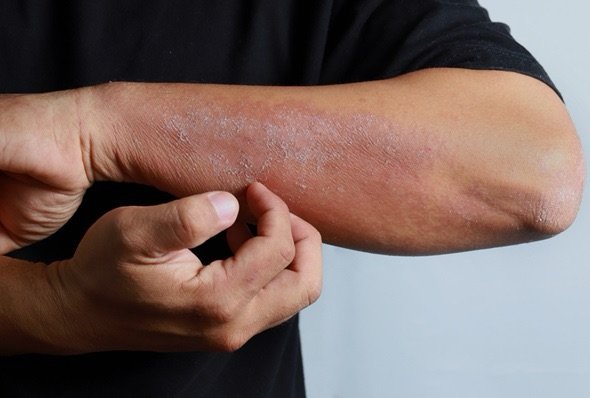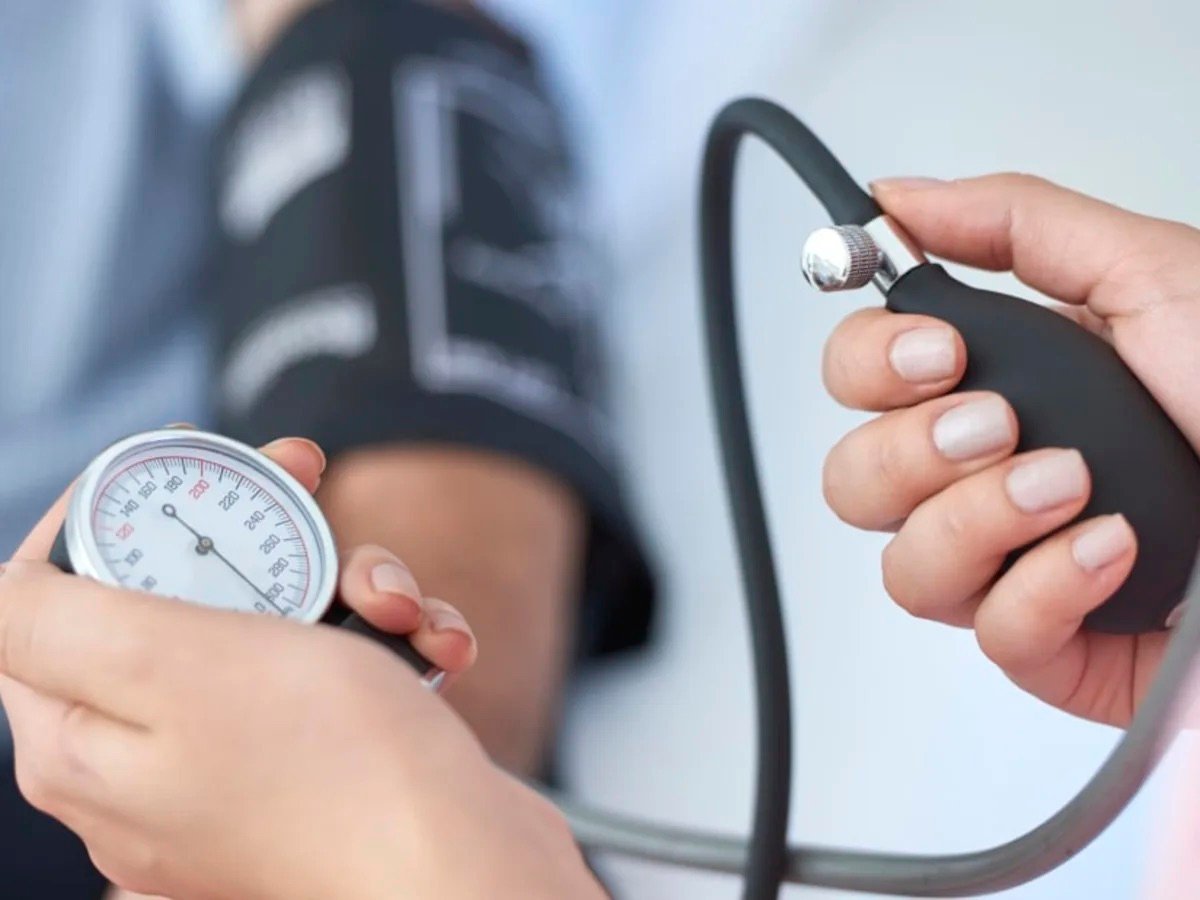Eczema, also known as atopic dermatitis, is a chronic skin condition that causes red, itchy, and inflamed patches on the skin. It can affect people of all ages, but it is especially common in children. Managing eczema can be challenging, but with the right treatments and care routines, you can keep flare-ups under control and soothe your skin. In this article, we’ll explore the most effective treatments for eczema and how to incorporate them into your skincare routine.

What is Eczema?
Eczema is a skin condition that weakens the skin’s barrier function, leading to dry, irritated, and inflamed skin. The exact cause is unknown, but it is believed to be a combination of genetic and environmental factors. Triggers such as allergens, irritants, stress, and temperature changes can cause eczema flare-ups, making it a recurring issue for many.
The symptoms of eczema include:
- Dry, scaly patches of skin
- Intense itching
- Redness and inflammation
- Cracked or oozing skin
- Rough or leathery skin texture

Top Treatments for Eczema Relief
While there is no permanent cure for eczema, several treatments can help manage symptoms and reduce flare-ups. Here are some of the most effective options:
1. Moisturize Frequently
Keeping the skin hydrated is crucial for managing eczema. Look for moisturizers that are specifically designed for sensitive skin and free from harsh chemicals or fragrances. The best time to apply moisturizer is after a bath or shower, when the skin is still damp, to lock in moisture.
Some recommended ingredients for eczema-friendly moisturizers include:
- Ceramides: Help restore the skin’s natural barrier.
- Hyaluronic acid: Attracts moisture to the skin.
- Squalane: Provides deep hydration and is gentle on sensitive skin.
- Colloidal oatmeal: Soothes itching and inflammation.
2. Use Prescription Topical Corticosteroids
For more severe cases of eczema, prescription topical corticosteroids may be necessary to reduce inflammation and itching. These creams or ointments are applied directly to the affected areas and work by calming the skin’s immune response. Always follow your doctor’s instructions when using corticosteroids to avoid potential side effects, such as thinning of the skin.
3. Try Non-Steroidal Creams
If you’re looking for an alternative to corticosteroids, non-steroidal creams like calcineurin inhibitors (such as Elidel or Protopic) can be an effective option. These creams work by suppressing the immune response in the skin, reducing inflammation and itching without the side effects of steroids.
4. Natural Remedies for Eczema
Many people find relief from eczema through natural remedies and treatments. While not every remedy works for everyone, the following options are popular for soothing irritated skin:
- Aloe vera: Known for its cooling and healing properties, aloe vera gel can help soothe itchy, inflamed skin.
- Coconut oil: This natural moisturizer is rich in fatty acids, which help repair the skin’s barrier and reduce inflammation.
- Honey: With antibacterial and healing properties, honey can be applied to eczema patches to reduce irritation and promote healing.
- Apple cider vinegar: Diluting apple cider vinegar in water and applying it to the skin can help balance the skin’s pH and reduce inflammation, although it should be used cautiously to avoid further irritation.
5. Avoid Triggers and Irritants
One of the most effective ways to manage eczema is by identifying and avoiding potential triggers. Common eczema triggers include:
- Harsh soaps and detergents: Use gentle, fragrance-free cleansers and laundry detergents designed for sensitive skin.
- Extreme temperatures: Both hot and cold temperatures can irritate the skin, so avoid overheating or exposure to extreme cold.
- Stress: Emotional stress can exacerbate eczema symptoms, so practicing stress management techniques like meditation, yoga, or deep breathing exercises may help reduce flare-ups.
6. Consider Light Therapy (Phototherapy)
For individuals with moderate to severe eczema, light therapy may be a viable treatment option. Phototherapy involves exposing the skin to controlled amounts of natural or artificial ultraviolet (UV) light. This treatment reduces inflammation, slows down the overactive immune response, and helps the skin heal. It is typically administered by a healthcare professional and can significantly improve eczema symptoms over time.
7. Oral Medications for Severe Eczema
In more severe cases of eczema that don’t respond to topical treatments, oral medications may be prescribed. These can include:
- Antihistamines: Help reduce itching, especially at night when it can be most disruptive.
- Oral corticosteroids: These are used for short-term treatment to reduce inflammation during severe flare-ups.
- Immunosuppressants: Drugs like cyclosporine or methotrexate can be prescribed to calm the immune system and prevent flare-ups in severe cases.
Lifestyle Tips for Managing Eczema
In addition to treatments, lifestyle changes can make a significant difference in managing eczema. Here are some practical tips to incorporate into your daily routine:
- Take lukewarm baths: Hot water can dry out and irritate the skin. Opt for lukewarm baths and limit bath time to 10-15 minutes.
- Pat skin dry: After bathing, gently pat the skin dry with a soft towel instead of rubbing, which can cause further irritation.
- Wear soft, breathable fabrics: Cotton and other natural fibers are gentle on the skin. Avoid wearing synthetic fabrics or wool, which can be itchy and irritating.
- Stay hydrated: Drinking plenty of water helps keep your skin hydrated from the inside out.
- Use a humidifier: Adding moisture to the air with a humidifier can prevent your skin from drying out, especially during winter months.

Conclusion: Finding the Right Eczema Treatment for You
Eczema is a complex and often frustrating condition, but with the right treatment and care, you can effectively manage your symptoms and keep flare-ups at bay. Whether you opt for natural remedies, prescription medications, or lifestyle adjustments, consistency is key to maintaining healthy, comfortable skin.
Ready to Soothe Your Skin? Explore the Best Eczema Treatments Today!





